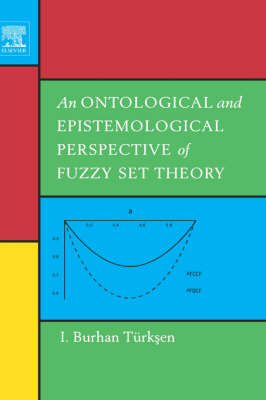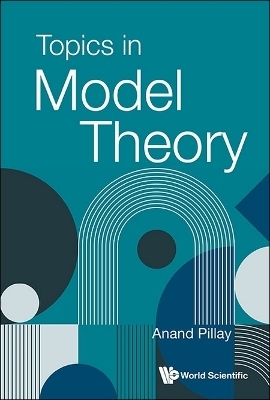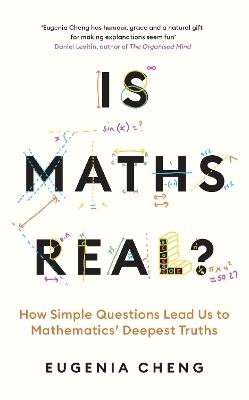
An Ontological and Epistemological Perspective of Fuzzy Set Theory
Seiten
2005
Elsevier Science Ltd (Verlag)
978-0-444-51891-0 (ISBN)
Elsevier Science Ltd (Verlag)
978-0-444-51891-0 (ISBN)
- Titel ist leider vergriffen;
keine Neuauflage - Artikel merken
Fuzzy set and logic theory suggest that all natural language linguistic expressions are imprecise and must be assessed as a matter of degree. This work covers such topics as: Ontological grounding; Epistemological justification; Measurement of Membership; Breakdown of equivalences; FDCF is not equivalent to FCCF; Fuzzy Beliefs; and more.
Fuzzy set and logic theory suggest that all natural language linguistic expressions are imprecise and must be assessed as a matter of degree. But in general membership degree is an imprecise notion which requires that Type 2 membership degrees be considered in most applications related to human decision making schemas. Even if the membership functions are restricted to be Type1, their combinations generate an interval – valued Type 2 membership. This is part of the general result that Classical equivalences breakdown in Fuzzy theory. Thus all classical formulas must be reassessed with an upper and lower expression that are generated by the breakdown of classical formulas.Key features:- Ontological grounding- Epistemological justification- Measurement of Membership- Breakdown of equivalences- FDCF is not equivalent to FCCF- Fuzzy Beliefs- Meta-Linguistic axioms
Fuzzy set and logic theory suggest that all natural language linguistic expressions are imprecise and must be assessed as a matter of degree. But in general membership degree is an imprecise notion which requires that Type 2 membership degrees be considered in most applications related to human decision making schemas. Even if the membership functions are restricted to be Type1, their combinations generate an interval – valued Type 2 membership. This is part of the general result that Classical equivalences breakdown in Fuzzy theory. Thus all classical formulas must be reassessed with an upper and lower expression that are generated by the breakdown of classical formulas.Key features:- Ontological grounding- Epistemological justification- Measurement of Membership- Breakdown of equivalences- FDCF is not equivalent to FCCF- Fuzzy Beliefs- Meta-Linguistic axioms
Table of ContentsPrefaceTable of Contents0. Foundation1. Introduction2. Computing with Words3. Measurement of Membership4. Elicitation Methods5. Fuzzy Clustering Methods6. Classes of Fuzzy Set and Logic Theories7. Equivalences in Two-Valued Logic8. Fuzzy-Valued Set and Two-Valued Logic9. Containment of FDCF in FCCF10. Consequences of D(0,1), V(0,1) Theory11. Compensatory "And"12. Belief, Plausibility and Probability Measures on Interval-Valued Type 2 Fuzzy Sets13. Veristic Fuzzy Sets of Truthoods14. Approximate Reasoning15. Interval-Valued Type 2 GMP16. A Theoretical Application of Interval-Valued Type 2 Representation17. A Foundation for Computing with Words: Meta-Linguistic Axioms18. EpilogueReferencesSubject IndexAuthor Index
| Erscheint lt. Verlag | 15.11.2005 |
|---|---|
| Verlagsort | Oxford |
| Sprache | englisch |
| Maße | 165 x 240 mm |
| Gewicht | 1120 g |
| Themenwelt | Mathematik / Informatik ► Mathematik ► Logik / Mengenlehre |
| ISBN-10 | 0-444-51891-6 / 0444518916 |
| ISBN-13 | 978-0-444-51891-0 / 9780444518910 |
| Zustand | Neuware |
| Haben Sie eine Frage zum Produkt? |
Mehr entdecken
aus dem Bereich
aus dem Bereich
Buch | Softcover (2024)
World Scientific Publishing Co Pte Ltd (Verlag)
CHF 43,60
what we have that machines don't
Buch | Softcover (2024)
Profile Books Ltd (Verlag)
CHF 19,15
how simple questions lead us to mathematics’ deepest truths
Buch | Softcover (2024)
Profile Books Ltd (Verlag)
CHF 19,15


